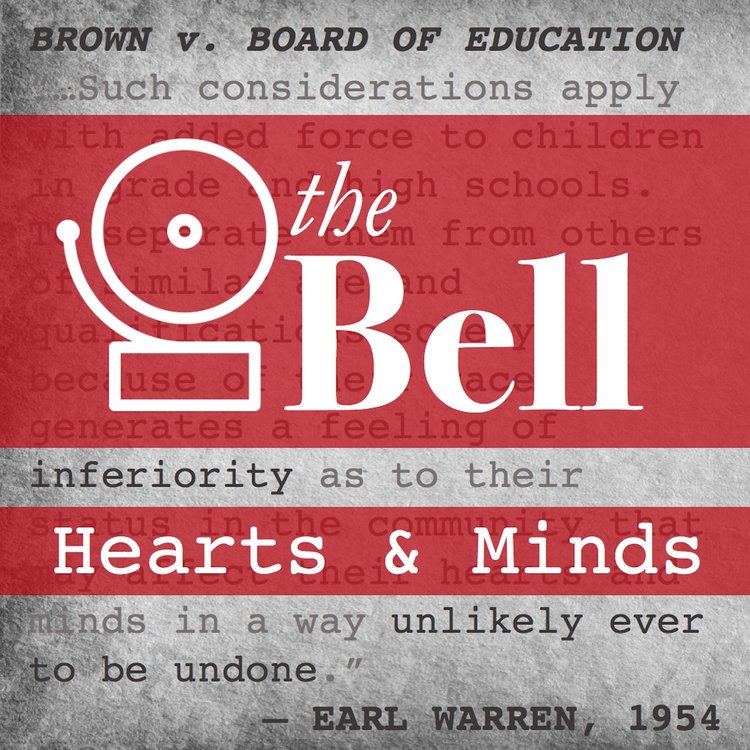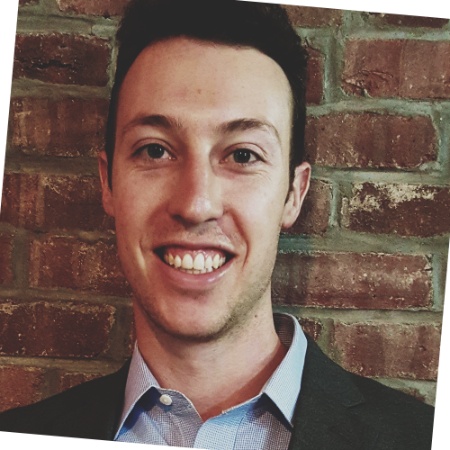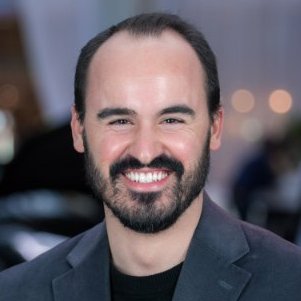Centering student voices in the fight for educational equality
The New York City public school system comprises 1,856 schools and 1,133,963 students – an enrollment greater than that of 38 states. The system is home to some of the finest public schools in the country, and some of the worst, with a high degree of racial and socioeconomic segregation contributing to unequal opportunities and outcomes. For example, one third of schools are at least 95% Black or Hispanic but only about one in five Black or Hispanic students are deemed college ready after four years of highschool. In addition, asian and white students pass the NY State Math test at nearly three times the rate of Black and Hispanic students and 82% of Asian women graduate as compared to 52% of Black men.
However, the public education conversation in New York City, and really everywhere, is dominated by the voices of politicians, school officials, union leaders, and others who have long since forgotten what it’s like to sit in a student’s desk. The result is a politicized dialogue that often loses sight of the most important stakeholders: children. Because of this politicization, media coverage of schools has come to resemble play-by-play coverage of a tennis match, dulling our collective will to produce change.
The Bell takes a different approach. They share stories from students, whose voices connect with people on a more personal level and remind us what’s at stake. The Bell promotes a more urgent dialogue about inequities in the New York City public school system by putting the voices of underprivileged students front and center in their coverage. They then empower those students to lead the movement for educational equity.
The Bell produces a journalist podcast featuring student narratives that are shared with schools and the public. They have recently produced their sixth podcast in their first season, Hearts & Minds, focusing on how segregation affects students and including raw, honest, and revealing testimony that add missing perspectives to the growing conversation about school segregation. They also partner with schools and school districts to create and implement social impact curricula rooted in their journalism and host public events that allow students to come together and testify directly to school officials and community leaders.



